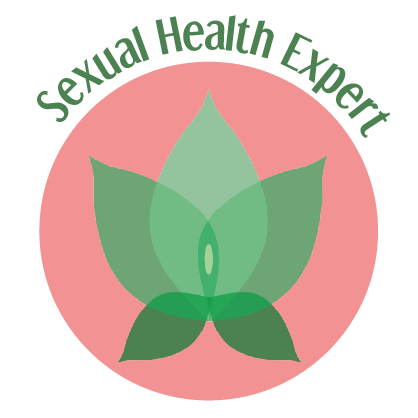Understanding Abuse: Types, Consent, and Healing
Abuse is a serious issue that can happen to anyone, regardless of age, gender, race, or background. It can take many forms and often has lasting effects on a person's mental, emotional, and physical health. Understanding abuse and recognising it is the first step towards healing and seeking help.
What is Abuse?
Abuse is a pattern of behaviour that seeks to control or harm another person. It can be physical, emotional, sexual, or financial. Here are the main types of abuse:
1. Physical Abuse
This involves the use of physical force that causes injury or harm. It can include hitting, slapping, kicking, or using weapons. Signs of physical abuse may include unexplained injuries, bruises, or a fear of certain individuals.
2. Emotional Abuse
Emotional abuse undermines a person's self-worth and confidence. It includes verbal attacks, manipulation, humiliation, and isolation from friends and family. People might feel constantly belittled, criticised, or frightened.
3. Sexual Abuse
Sexual abuse occurs when someone is forced or coerced into sexual acts without their consent. This can involve unwanted touching, forced sexual acts, or exploitation. Understanding consent is crucial; consent means agreeing to participate in an activity willingly, without any pressure or fear.
4. Financial Abuse
Financial abuse is when someone restricts another person's access to money or resources. It may involve controlling how money is spent, stealing a person's money, or preventing them from working.
Consent Matters
Consent is an important concept to understand in any relationship. It means that both people agree to participate in any activity. Consent should be clear, informed, and ongoing. It’s vital to remember that if someone feels pressured, scared, or uncertain, they cannot give proper consent.
Recognising Consent Issues
If you have ever felt uncomfortable in a situation where you were expected to agree to something, it is important to talk about those feelings. Knowing what consent is and respecting it can help prevent abuse.
Historical Abuse
Historical abuse refers to instances of abuse that have occurred in the past but continue to impact individuals today. This could be cases of childhood abuse that affect adult relationships or trauma from past relationships that resurfaces. It is important to acknowledge these experiences rather than push them aside, as they can influence one's mental health and ability to trust others.
How to Seek Help and Find Support
If you or someone you know is experiencing any form of abuse, it is crucial to talk to someone about it. Here are some resources and people you may consider reaching out to:
1. Trusted Adults
Talk to a trusted adult, such as a parent, teacher, or school counsellor. They can provide support and guidance on what to do next.
2. Friends
Confiding in friends can be comforting. They may listen without judgment and help you figure out ways to feel safer.
3. Professional Help
Mental health professionals, such as therapists or counsellors, are trained to help people deal with the effects of abuse. They can provide a safe space to discuss feelings and experiences. You may feel more comfortable speaking to your family doctor or to a sexual health clinic, both are trained to give advice on next steps as well if you want to report it. Please note all under 18 abuse needs to be reported by health workers to their local safeguarding team and to other organisations (e.g. police or social services), information is shared for the individuals protection.
4. Support Groups
Joining a support group can connect you with others who have similar experiences. Sharing your story in a safe environment can help with healing.
5. Helplines
Many organisations offer confidential helplines for people experiencing abuse. You can call these numbers to get advice and support.
Addressing Past Abuse
If you feel that you haven’t fully addressed previous abusive experiences, it’s never too late to seek help. Here are some steps you can take:
Acknowledge Your Feelings: Allow yourself to feel whatever emotions come up regarding past abuse. It is natural to feel anger, sadness, or confusion.
Talk About It: Share your experiences with someone you trust. Talking can be a powerful way to start healing.
Consider Professional Help: Seeking therapy can help you process past experiences and develop coping strategies.
Set Boundaries: As you work through your feelings, think about setting boundaries in your current relationships to protect yourself from potential abuse.
Practice Self-Care: Engage in activities that promote your well-being. This can include exercise, art, reading, or spending time with loved ones.
Conclusion
Understanding abuse is the first step towards healing. Know that you are not alone and that it is okay to seek help. Recognising the types of abuse, understanding consent, and addressing past traumas can empower you to take control of your well-being. Remember, healing is a journey, and it is essential to take it at your own pace.
